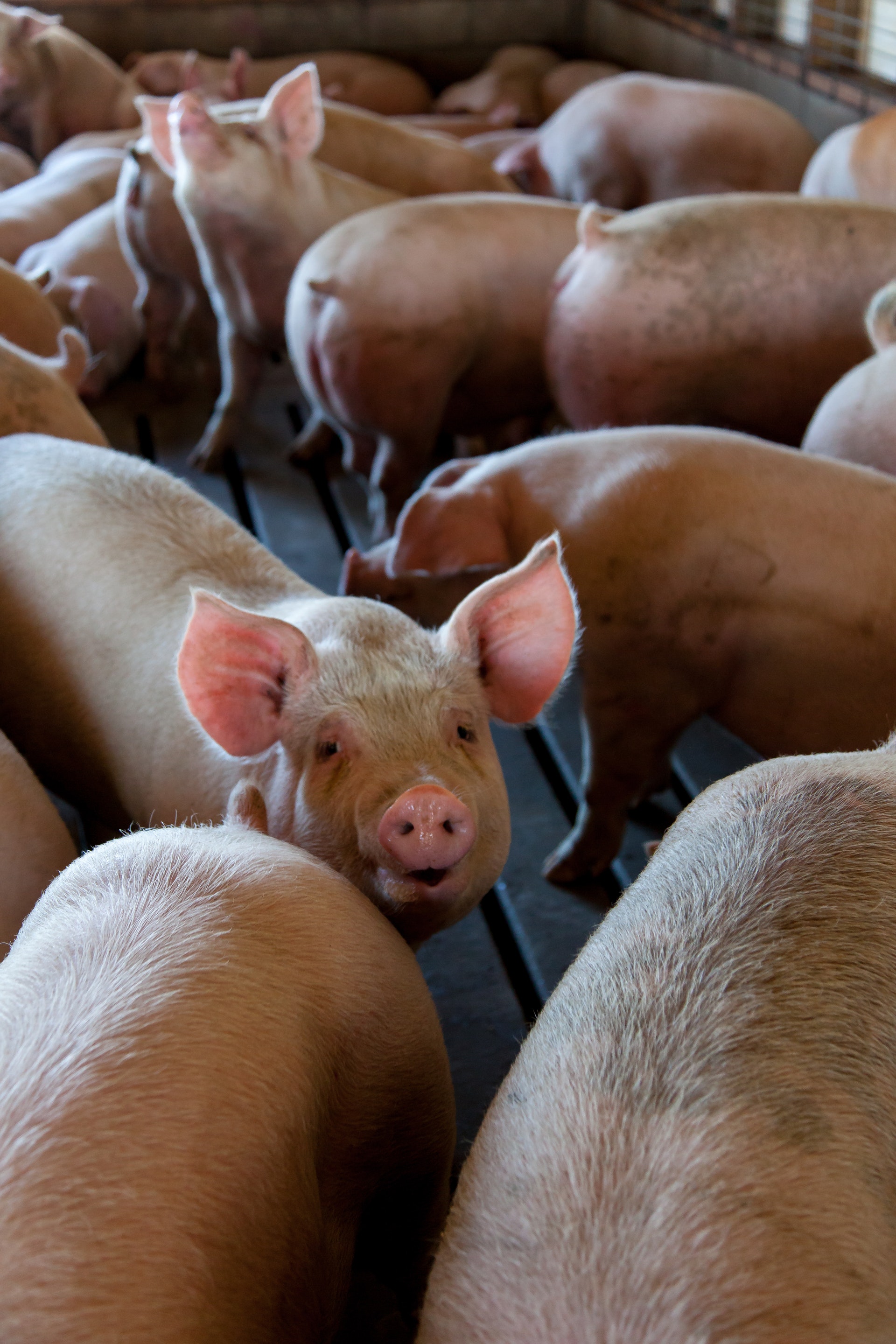News
Senate should scrutinize use of P78-M fund vs. ASF: solon

Marcos also noted that hog raisers, particularly backyard hog farmers in ASF-affected areas in the provinces of Rizal and Bulacan, should benefit from the emergency fund. (Pexels Photo)
MANILA — The Senate should scrutinize the use of the PHP78-million emergency fund to ensure that it will be used to effectively manage, control, and contain the threat of African Swine Fever (ASF), a lawmaker said on Friday.
Senator Imee Marcos issued the statement after President Rodrigo Duterte approved the release of the fund to protect the PHP200-billion hog-raising industry in the country.
She said the fund should be used properly for disease monitoring and surveillance, laboratories upgrade, capacity-building, and other disease control measures.
Marcos also noted that hog raisers, particularly backyard hog farmers in ASF-affected areas in the provinces of Rizal and Bulacan, should benefit from the emergency fund.
“Dapat tiyakin ng DA na hindi ito maibubulsa lang ng ilang tiwaling opisyal sa ahensya. Sana ay magastos talaga ang pondo sa pagsugpo ng ASF virus para hindi na maapektuhan pa ang ibang probinsya (The Department of Agriculture should ensure that the fund would not go to the pockets of corrupt officials in the agency. This should be spent to prevent the possible spread of the ASF virus to other provinces),” she said.
Marcos said the DA should prevent the spread of the ASF virus in the Ilocos region, noting that this is the major livelihood of the local residents there, including the makers of “bagnet” and Vigan “longganisa”.
Agriculture Secretary William Dar said the fund will be used particularly for biosecurity and quarantine operations, disease monitoring and surveillance, upgrading of laboratories, capacity-building, and other disease control measures.
He said the National ASF Task Force (NATF) would also convene to flesh out inter-agency coordination, in partnership with concerned local government units and the private sector.

